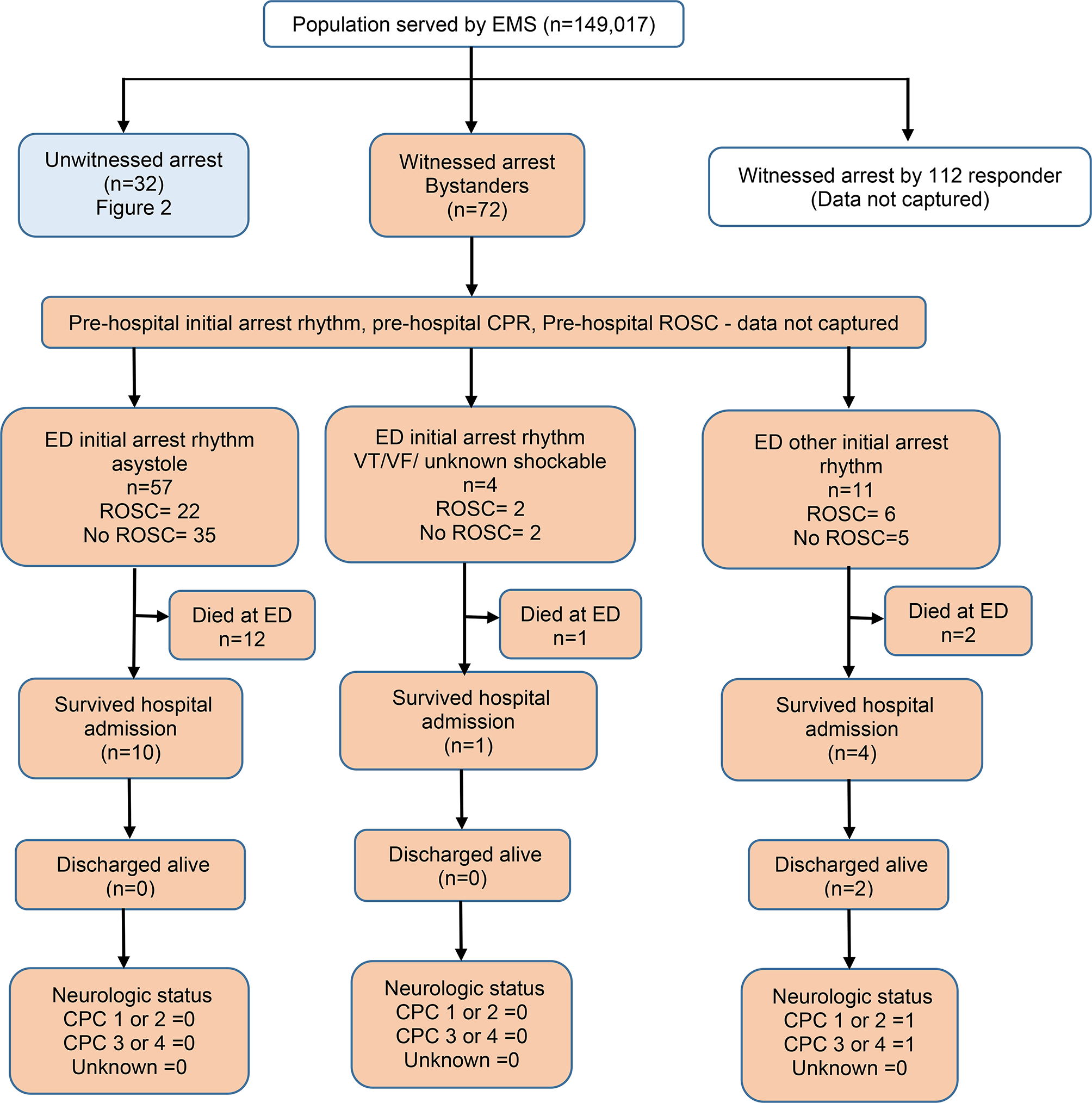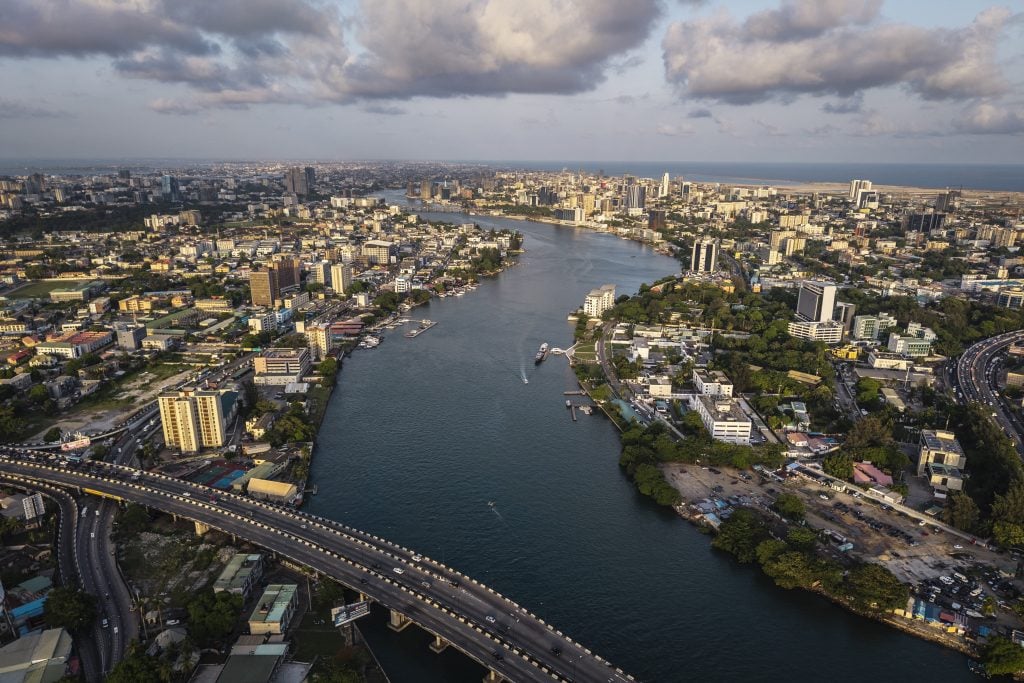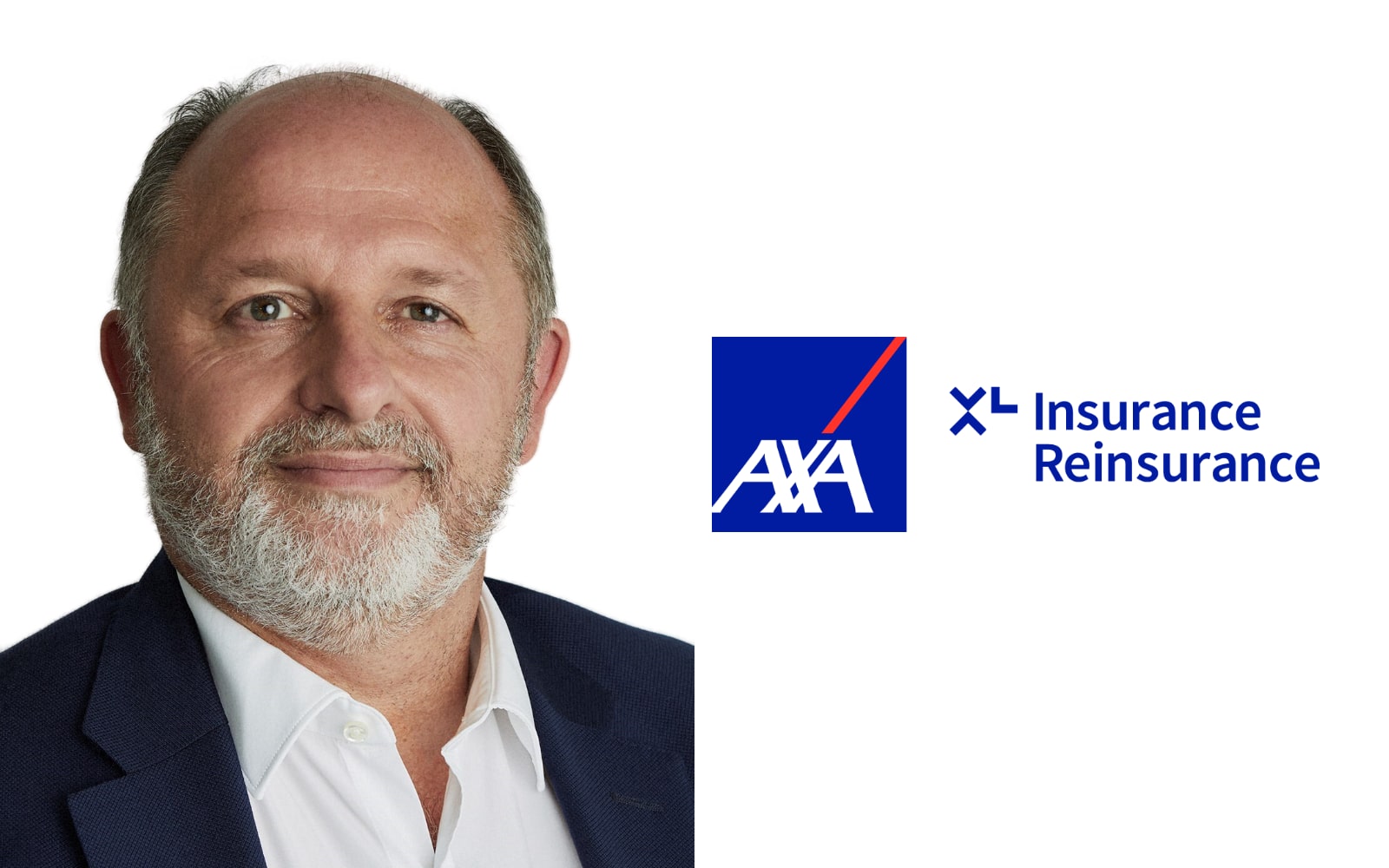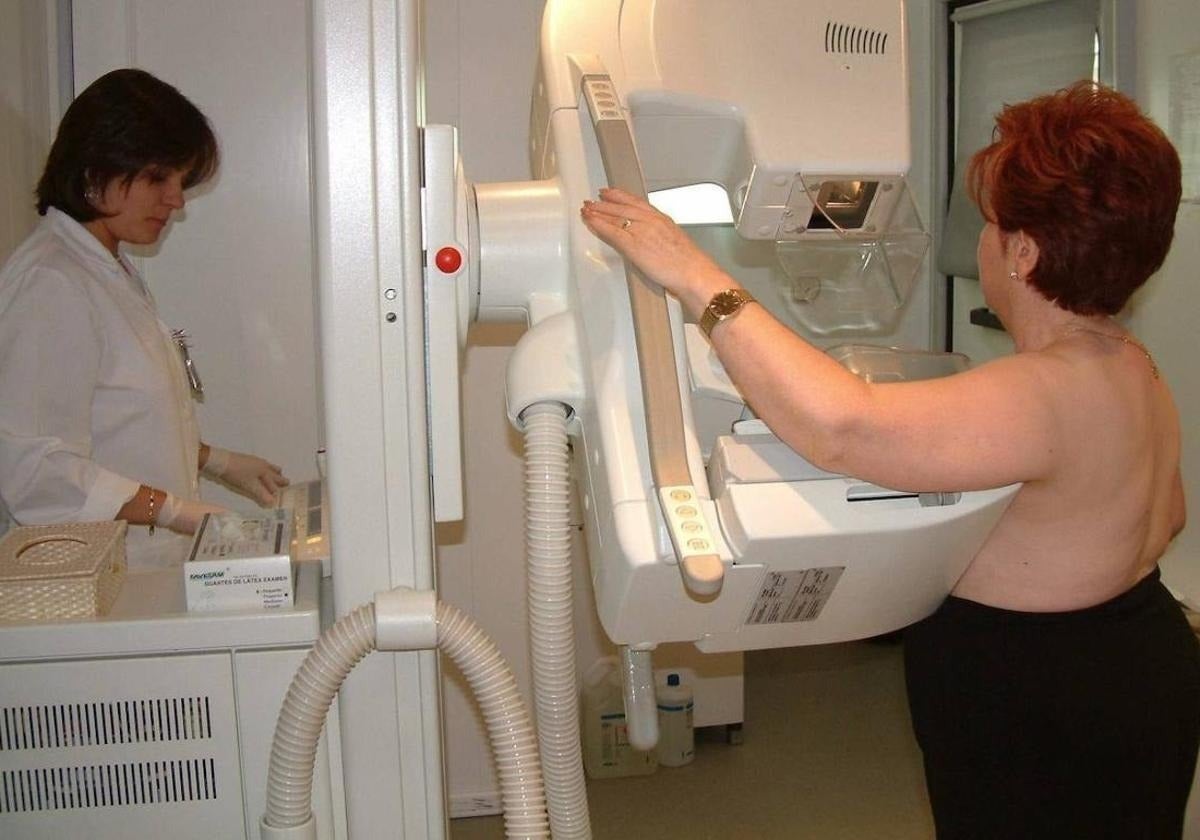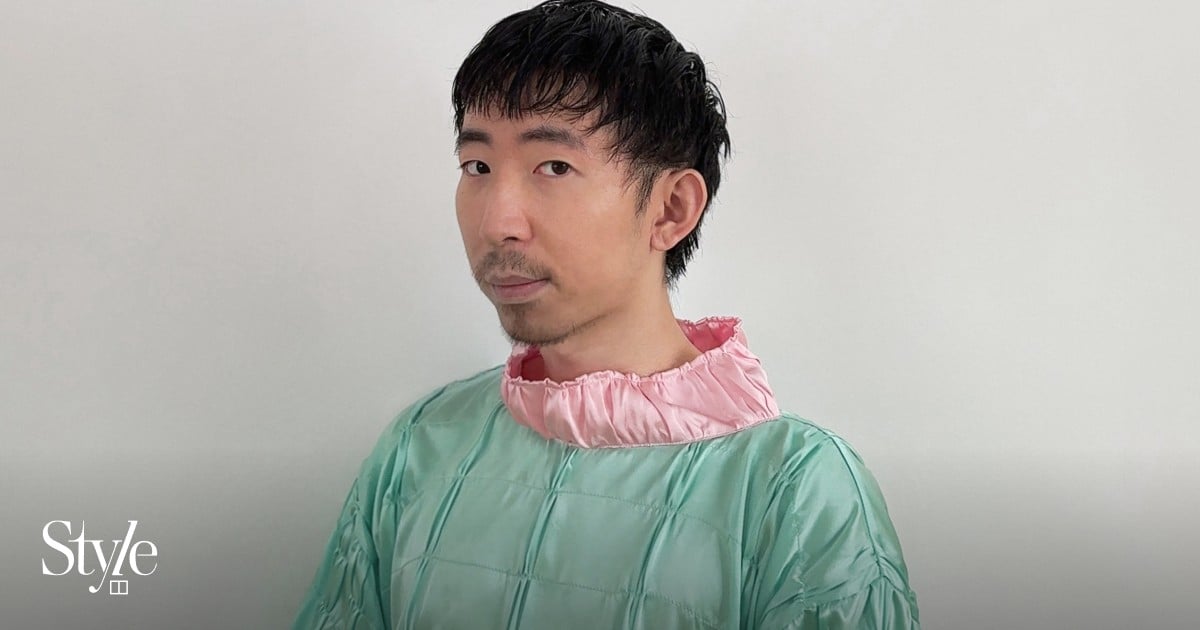Nigeria, previously the centre of venture capital funding in Africa, is falling behind the continent’s other major markets when it comes to attracting investment, in a trend that one analyst says “reflects structural and long-term challenges in Nigeria’s venture capital ecosystem.”
In 2021, Africa’s record year for venture capital with 681 fundraising rounds totalling $5.2bn, Nigeria ranked first for both deal volume and the overall amount of cash raised. That year, Nigerian startups secured around $1.8bn in funding, over a third of the continent’s total and more than the continent’s three other major markets – Kenya, South Africa, and Egypt – combined.
However, this status appears to be slipping. As of August 2025, more than 500 African startups had raised about $2.8bn. However, Nigeria accounted for just $186m of that. By contrast, Kenya has managed $879m, South Africa has secured $848m, while Egyptian companies have collectively raised $561m. For the first time in several years, Nigeria is firmly last among the so-called “big four” African markets.
Too reliant on foreign investment
What explains this sharp downturn in fortune? Speaking to African Business in Lagos, Noah Banjo, a tech and venture capital analyst, says a reliance on foreign investors is limiting Nigerian startups’ ability to raise funds.
“The primary reason Nigeria is falling behind other major markets in venture capital funding is that Nigerian firms participate in but rarely lead big funding rounds, which leaves startups dependent on foreign investors for significant growth-stage funding,” Banjo says.
This reliance on foreign venture capital funds is especially problematic because Nigeria has experienced several major macroeconomic challenges in recent years, which has deterred foreign investors from assuming too much exposure to the Nigerian market.
In particular, since President Bola Tinubu committed to liberalising foreign exchange markets and freely floated the Nigerian naira (NGN) is June 2023, the currency has depreciated by almost 70% against the US dollar.
For the majority of startups earning their revenue in the local currency, this makes it extremely difficult for them to offer dollar returns to international investors. This means that even some of the country’s fastest growing companies with increasingly large naira-denominated revenue can still struggle in dollar terms.
For example, Pawel Swiatek, chief operating officer at Nigerian fintech unicorn Moniepoint, told African Business in April that the massive depreciation of the naira had significantly dented its US dollar profits.
“While the naira has now thankfully stabilised, one of the challenges we always contend with is exchange rate risk,” he said. He added that Moniepoint was seeking to expand outside of the West African country partly “to diversify and have macroeconomic and forex exposure to other countries and not just Nigeria.”
In addition to currency depreciation, associated issues such as stubbornly high inflation – prices are still rising at year-on-year rate of over 20% – further complicate the business landscape and make the market more challenging for foreign investors.
Protfit repatriation fears
The Private Equity and Venture Capital Association of Nigeria (PEVCA) has also pointed out that foreign investors are often apprehensive about committing to the Nigerian market over concerns they will struggle to repatriate their profits as a result of capital controls.
These concerns have been reinforced by high-profile disputes, such as that between Nigeria and the United Arab Emirates over the inability of Emirates and Etihad Airlines to repatriate funds. While the row was ultimately resolved, the dispute saw Emirates suspend all flights to and from Nigeria for around a year from August 2022, citing slow progress on its efforts to repatriate around $85m of profits.
Banjo notes that Nigeria’s drop in venture capital funding is partly driven by these “economic challenges such as inflation, currency devaluation, and high borrowing costs” and adds that “this reflects structural and longer-term challenges in Nigeria’s venture capital ecosystem, influenced by macroeconomic factors.”
Rotimi Ogunyemi, a Lagos-based technology attorney and partner at BOC Legal, similarly notes that “persistent currency volatility, high inflation, and still-unstable economic policies make it difficult for investors, especially international ones, to price risk with confidence.”
Regulatory issues persist
Ogunyemi also points out that Nigeria’s regulatory landscape can prove challenging for foreign venture capital funds to navigate. He says that “over the past few years, sudden policy shifts in foreign exchange management, taxes, and regulations have created real uncertainty – and investors have responded by becoming more cautious.”
“The narrative that Nigeria is “risky” has grown partly because, historically, the rules have kept changing mid-game. Other African markets have their own challenges, but they have been better at providing clear forward guidance and sticking to it,” he adds.
“Kenya, for example, communicates regulatory changes more systematically, giving startups and investors time to adjust,” Ogunyemi tells African Business. “Nigeria can do the same, without losing its dynamism, by introducing more transparent consultation periods, clearer roadmaps, and predictable regulatory timelines.”
No way out?
Another issue which analysts say is hampering Nigeria’s venture capital ecosystem is the lack of exit options for investors. To varying degrees, this is a problem across the continent.
Sadaharu Saiki, general partner at Sunny Side Ventures in Cairo, has previously told African Business that a lack of IPO activity and limited numbers of mergers and acquisitions or secondary transactions makes it difficult for investors to exit their positions and cash in their profits.
“It is clear we need more liquidity options to boost the attractiveness of African markets for investors,” he said.
However, Ogunyemi believes that this issue is particularly acute in Nigeria, arguing that the country “has not yet built the kind of domestic capital pools and exit channels, such as local IPOs or secondary markets, that give later-stage investors the confidence they will get returns.”
“South Africa’s more developed capital markets, for example, give investors confidence about eventual exits,” he says. “Nigeria can replicate some of this by creating, for instance, a dedicated tech growth board on the Nigerian Exchange, with lighter listing requirements and incentives for research coverage and market making.”
Time to encourage local investment
What could be done to reverse these trends? Beyond stabilising the macroeconomic environment – bringing the naira to a more stable level and getting inflation under control – both Banjo and Ogunyemi believe that reducing Nigeria’s reliance on foreign investors is essential.
Banjo says that “increasing the capital and leadership role of Nigerian venture capitalists in funding rounds is crucial to reducing reliance on foreign investors.”
Ogunyemi adds that this could be achieved by encouraging “local growth funds backed by pension, insurance, and diaspora capital, so startups are not wholly dependent on foreign venture capital cycles.”
Yet despite the challenges, there are reasons to be optimistic about the future of startup funding in Nigeria.
For one, the government has claimed that Nigeria is past the worst of its economic instability having taken its “bitter medicine.” In a recent speech in Abuja, Tinubu said that “the economy is stabilised […] the bleeding has stopped, haemorrhage is gone; the patient is alive.” The naira has recovered about 15% of its value since the 2023 devaluation, perhaps suggesting that more stable macro conditions could be ahead.
Banjo also notes that the Nigerian venture capital space is changing in response to the challenges it has faced.
“Emerging funding forms like venture debt and increased involvement from development finance institutions indicate potential for recovery and evolution in the ecosystem,” he says.
“Despite a decline in deal value, Nigeria still leads Africa in venture capital deal volume, suggesting there is plenty of room for sustainable growth ahead.”

